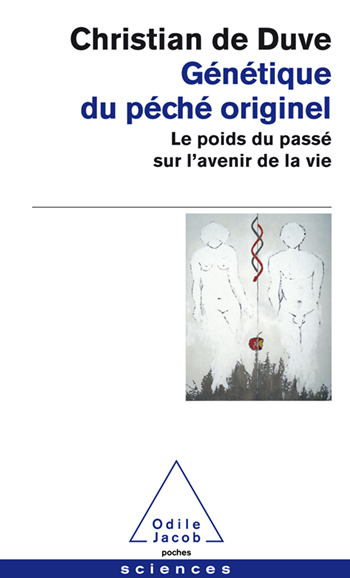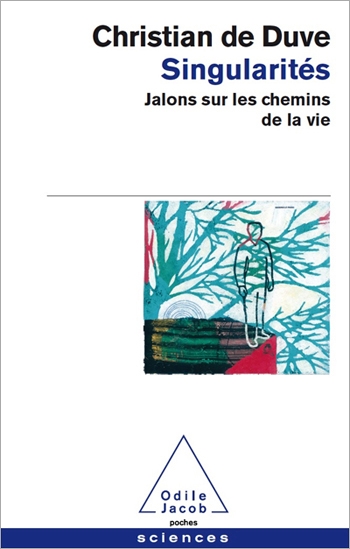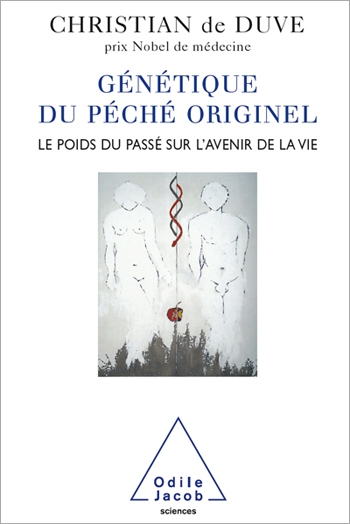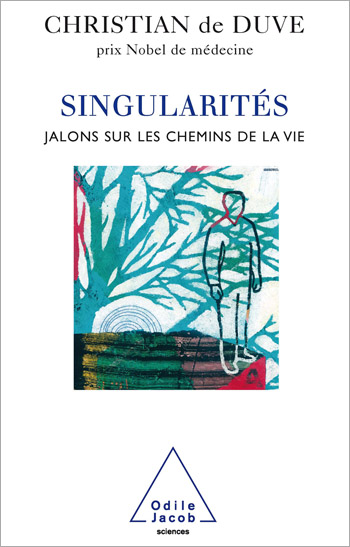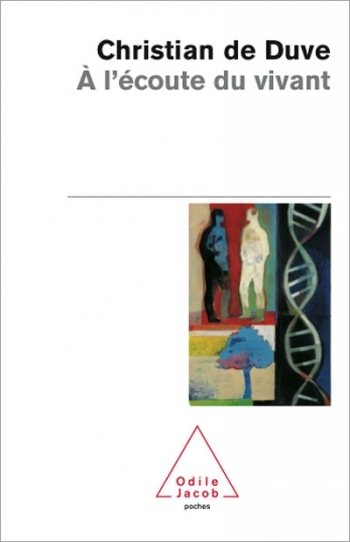
Christian de Duve
Diplômé en médecine de l'Université catholique de Louvain (UCL) en 1941 et de chimie (UCL) en 1946, il mène simultanément une carrière d'enseignant et de chercheur au sein de l'UCL et à la Rockefeller University de New York. Ses recherches sur les structures cellulaires ont ouvert des voies nouvelles en biochimie et en génétique. Il fut récompensé pour ses découvertes. Il décrit la première fois le lysosome en 1955, et le peroxysome dix ans plus tard. Il partagea le prix Nobel de physiologie ou de médecine avec Albert Claude et George Emil Palade.
Bibliography (9)
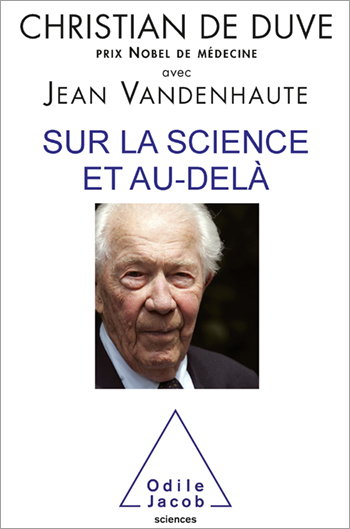
Christian de Duve, Jean Vandenhaute
On Science and Other Matters
In these posthumously published interviews, the late Christian De Duve, Nobel Prize winner in Medicine, gives his views on some of the major issues of our times
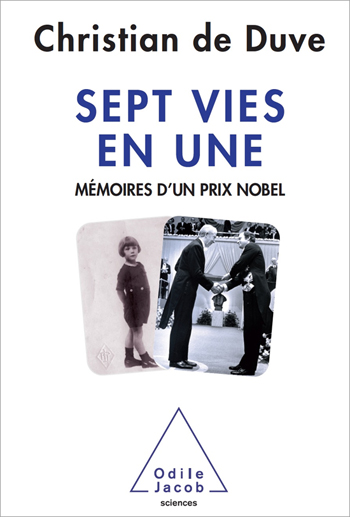
Christian de Duve
Seven Lives in One Nobel Prize winner's Memoirs
The life of an exceptional Nobel Prize winner, from childhood to scientific recognition and acclaim
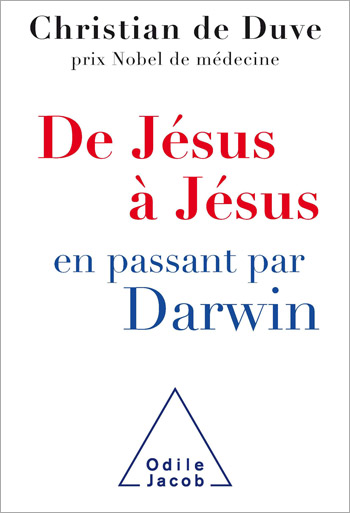
Christian de Duve
From Jesus to Darwin… and Back to Jesus
The legacy of a great Nobel-prize winning scientist.
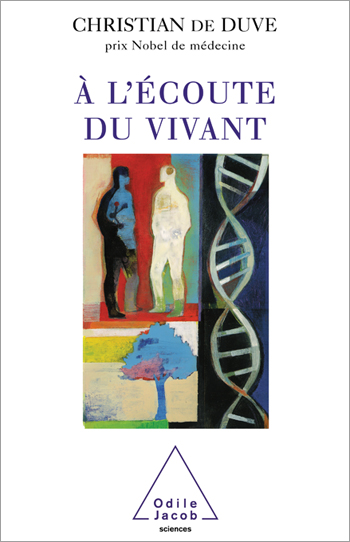
Christian de Duve
Listening to the Living
Everything one should know about biology is explained here by a Nobel Prize winner, including the origin of life, its chemical production and reproduction, the history of life, its earliest forms and also human evolution, the brain, the genius of genetics, and extra-terrestrial life. Finally, the author shows that although biology has undermined arguments in favour of the existence of God, religion and faith are a necessary product of nature selection. Christian de Duve is the director of the Brussels-based International Institute on Cellular Pathology. He was awarded the Nobel Prize in Physiology or Medicine in 1974 for his findings concerning the structural and functional organisation of cells.

